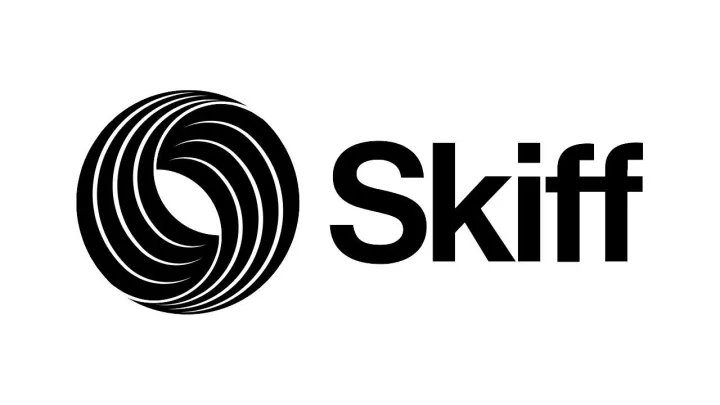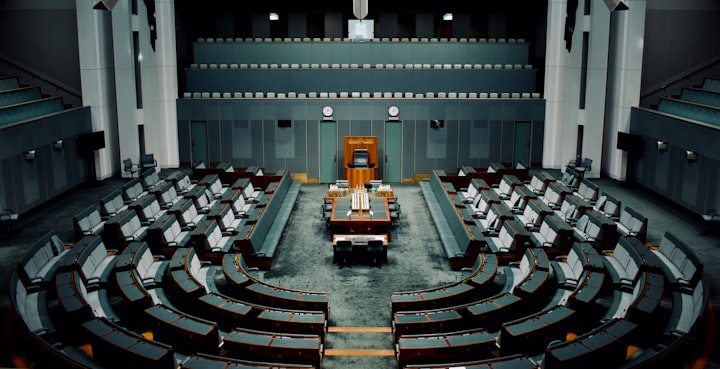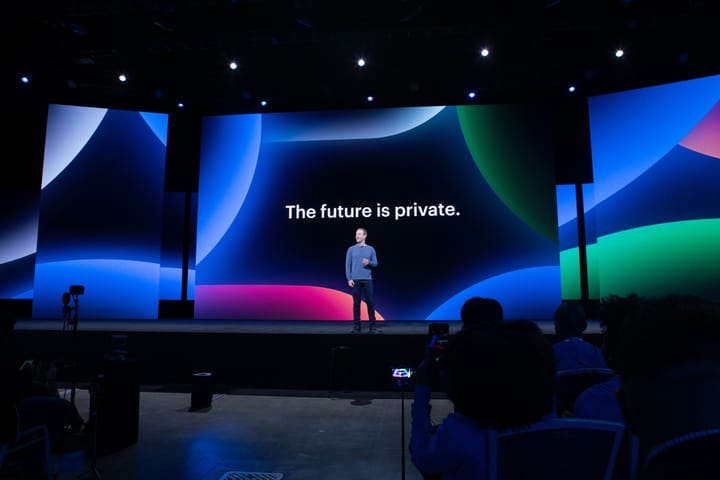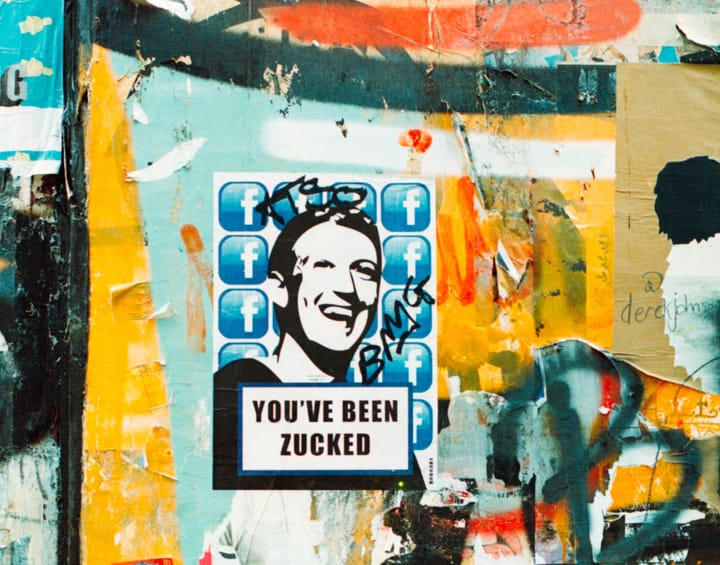
Privacy Guides Partners With MAGIC Grants 501(c)(3)
In February, the OpenCollective Foundation (OCF)—our fiscal host of 4 years—sent us an email to announce that they would be shutting down, and they would no longer be able to collect donations on our behalf (or for any of the hundreds of projects they provided fiscal hosting services

